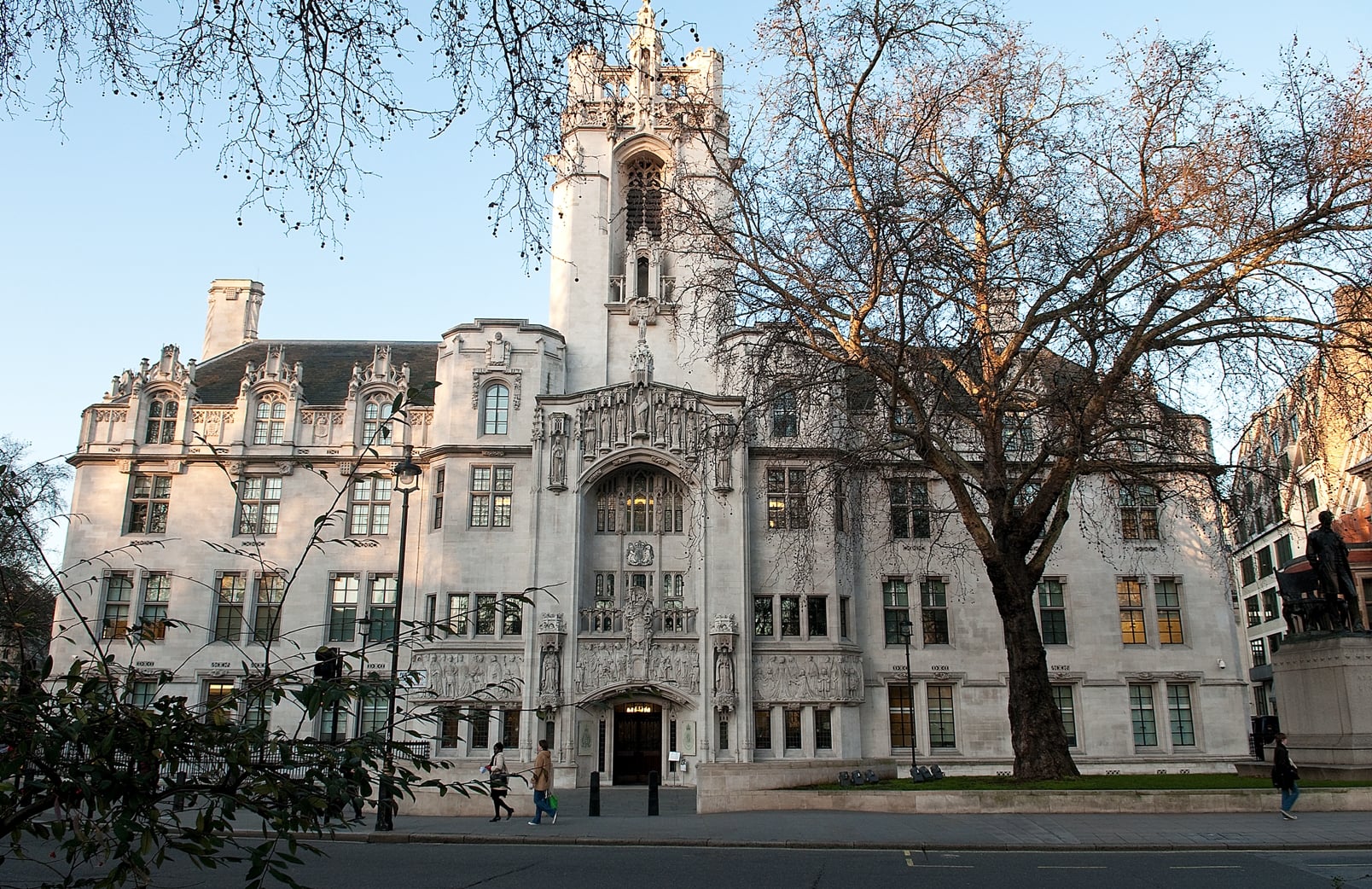In the recent case of Marley v Rawlings (2014) the Supreme Court held that disputed wills can be rectified under section 20 of the Administration of Justice Act 1982 provided that the will upon rectification takes into account the testator’s intention from the outset. The Supreme Court held that despite the invalid execution of the will, the will could still be capable of rectification because the testator had signed it with the intention of being his last will and testament and it was properly witnessed.
Section 9 of the Wills Act 1837: Formalities for a Valid Will
Under section 9 of the Wills Act 1837 (as amended by section 17 of the Wills Act 1982) states that certain formalities must be satisfied to create a valid will.
These formalities are as followed: a) a will must be in writing, signed by the testator or by some other person in his presence and by his direction; b) it appears that the testator intended by his signature to give effect to the will; and (c) the signature is made or acknowledged by the testator in the presence of two or more witnesses present at the same time.
Each witness either attests and signs the wills or acknowledge his signature, in the presence of the testator (but not necessarily in the presence of any other witness).
Probate Disputes: Challenging Validity of Wills
On 17 May 1999 Mr Alfred Rawlings and his wife, Ms Maureen Rawlings, were visited by their solicitors to enable them to execute the wills. Except for the difference to reflect the identity of the makers, the wills were identical and were based on the same financial terms.
Each spouse left his or her entire estate to each other with a substitutional gift to Mr Terry Marley, the appellant in these proceedings.
If the other partner survived the deceased spouse for less than one month (or the formation of the will is held to be invalid) the entire estate would fall to Mr & Mrs Rawlings’ two sons, Terry and Michael Rawlings (the Respondents) under the intestacy rules.
Instead of signing their own wills, each by mistake executed the wrong one. The mistake only came to light when Mr Rawlings, the surviving spouse, died. The appellants challenged the validity of the will which Mr Rawlings had signed. They argued that if the will was valid, the appellant would inherit £70,000 under the terms of the will, whereas if the will was invalid, Mr Rawlings would have died intestate, and the respondents would inherit the £70,000.
Mr Marley brought proceedings on the understanding that Mr Rawling’s will should be rectified so as to record what was actually intended. The Judge dismissed Mr Marley’s claim on the grounds that the will did not satisfy the requirements of section 9 of the Wills Act 1837, even if it had done so, the will was not open to rectification under section 20 of the Administration of Justice Act 1982.
Mr Marley appealed to the Court of Appeal, who upheld the Court’s decision at first instance. As a result, Mr Marley appealed to the Supreme Court.
Supreme Court’s Decision
The Supreme Court held that this was a classic case of rectification under section 20 of the Administration of Justice Act 1982 because the testator’s intentions were clear and that the changes required were not too extreme to permit rectification.
The Supreme Court ruled that giving someone the wrong will to sign would only amount to a “clerical error” and therefore rectification is permissible under section 20 of the Administration of Justice Act 1982.
At paragraph 20 of the Judgment, Lord Neuberger stated:
“When it comes to interpreting wills, it seems to me that the approach should be the same. Whether the document in question is a commercial contract or a will, the aim is to identify the intention of the party or parties to the document by interpreting the words used in their documentary, factual and commercial context.”
Commentary
The Supreme Court’s decision (in particular the approach adopted by Lord Neuberger) clearly demonstrates that the Supreme Court are adopting a sensible approach to the rectification of wills under section 20 of the Administration of Justice Act 1982. It appears that the Supreme Court is willing to look beyond the statutory formalities under section 9 of the Wills Act 1837 in order to understand and implement a testator’s true intentions.
